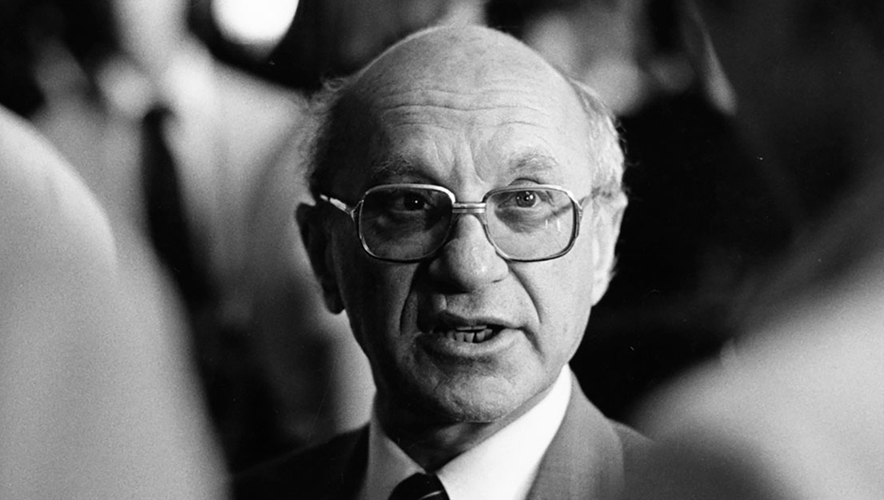This is Part 2 of my 3-Part series on geopolitics.
5 Ways To Maximise Peace In The World is Part 1. There, I gave you a menu of options for handling international politics. If you haven’t read it yet, you’re missing an important point. Read that first.
WHERE WE’RE UP TO
I’ve taken you inside the minds of the world’s leading geopolitical advisors, where I cover the five approaches to foreign affairs that policymakers use to make sense of the world. If you’re a true libertarian and classical liberal, you’ll love three but find one alarming.
As explained in Part 1, they are:
- The Democratic Peace Theory
- The Economic Interdependence Theory
- The Liberal Institutional Theory
- The Human Nature Realist Theory
- The Structural Realist Theory.
THE GHOSTS OF PHILOSOPHERS PAST
Let’s check in with the ghosts of classical liberal and libertarian philosophers past:
Locke says man has natural rights of life, liberty and property, and that these can be better protected by forming a government under a social contract. This idea of free people cooperating for mutual benefit is consistent with the Economic Interdependence Theory and the Democratic Peace Theory.

In “A Few Words on Non-Intervention”, John Stuart Mill advocated for international cooperation and diplomacy as a means to prevent conflicts. He stressed the importance of peaceful resolution to disputes between nations and the establishment of international norms to govern relations between states. This sounds like the Liberal Institutional Theory.
You could almost say that Adam Smith was the founding philosopher of the Economic Interdependence Theory. In “Wealth of Nations”, he suggested each nation state has a certain comparative economic advantage and that, not only would they become more prosperous by specialising in that advantage, but interdependence between nations would proliferate. The idea was that nations with economic ties have a vested interest in each other’s well-being, making peace more likely.
Britain had extensive economic interdependence with India, Canada, Australia, the United States and, yes, Germany. Yet, conflict between Germany and Britain occurred.
In “Economic Harmonies”, Frederic Bastiat suggested free markets and voluntary exchange create a natural harmony of interests among individuals and nations, creating the conditions under which they are less likely to enter into conflict. Again, this is support for the Economic Interdependence Theory, one purpose of which is to maximise peace and prosperity.
If you look closely at the later philosophers, Hayek was against central planning and authority so would have been horrified by the Structural Realist Theory. Like John Stuart Mill, Rothbard was anti-imperialist and would have been very cautious about the Human Nature Realist Theory because it relies on coercive foreign intervention.
Friedman too famously supported free-trade and the ideas behind the Economic Interdependence Theory.

MY OPINION
For my part, I think no single approach is foolproof. I’ll take each in turn.
There are case studies which show the Democratic Peace Theory doesn’t always work. For instance, the United Kingdom and Argentina were at war over the Falkland Islands in 1982. Both India and Pakistan are democratic but have clashed repeatedly, with open conflict in 1999. In 1974, Greece and Turkey were fighting over Cyprus. Both those countries were liberal democracies.
But wars between liberal democracies are rare. It’s therefore a worthwhile pro-peace strategy that more liberal democracies exist.
When it comes to the Economic Interdependence Theory, again it doesn’t always work. Just prior to World War I, Germany had deep trading ties with France, Belgium, Austria-Hungary and, yes, the Great Britain. Britain had extensive economic interdependence with India, Canada, Australia, the United States and, yes, Germany. Yet, conflict between Germany and Britain occurred.
But wars between economically interdependent nations are less likely. So, this too is a worthwhile strategy to adopt for maximising peace.
When it comes to the Liberal Institutional Theory, I’m unashamedly in the camp of international cooperation. If you sense a “but” coming, I can’t help you.
nations with economic ties have a vested interest in each other’s well-being, making peace more likely.
However, a friend of mine was a general counsel of the United Nations. Among his duties was the writing of official minutes at UN Security Council meetings. He has a lot of insight into the effectiveness of the United Nations and is pessimistic.
A relative of mine helped found the United Nations in 1945. It was a noble endeavour, has served us well on occasion, but it is time it was overhauled. This idea that the United States, Russia, China, the United Kingdom and France are forever permanent members of the Security Council was a built-in flaw.
What we need is a United Nations 2.0 and I’ll share some ideas with you in a future article. As for the Human Nature Realist Theory, I am cautious on this. I believe libertarians should have no problem with a balance of power approach, but the moment foreign interference occurs we must be on alert. I concede many will regard this as naïve. My response is that much damage has been caused by intervening in the affairs of others.
Finally, what do I think about the Structural Realist Theory. As a diehard classical liberal, I’m having an allergic reaction. The phrase ‘binding world government’ is a huge red flag for me. Nothing could sound more tyrannical or authoritarian. I therefore cannot agree with John Mearsheimer’s position. Inevitably, he discards freedom for security. Not for me.
YOUR COMMENTS
As a classical liberal or libertarian, do you share my instinct that we need multiple approaches?
Do you agree that philosopher after philosopher reinforces the validity of the Economic Interdependence Theory, and do you agree with Adam Smith here?
And do you agree that the Human Nature Realist Theory is a slippery-slope and that the Structural Realist Theory is no-go territory?
Share your responses in the comments section below.
So, we’ve covered all the mainstream political strategies for handling international relations in 5 Ways To Maximise Peace In The World.
And in Beware! This Article Channels The Ghosts of Locke, JSM, Friedman and Other Pugnacious Thinkers, this article, we’ve double-checked the leading thinkers of our classical liberal-libertarian movement.
In the third and final part in this series on geopolitics, 3 Wacky Crazy Ideas Creeping Into International Politics, I’m going to bang on the head some of the most unsupportable thoughts coming out of the commentariat.
Thank you for your support. To help us in our battle to protect liberty and freedom please click here
An entrepreneur who has employed 1,470+ people, Kenelm was admitted to the BRW Fast 100 three times with businesses in Australia, NZ, Singapore and New York, where he lived for 12 years. Kenelm’s investment firm performs mid-market leveraged roll-ups. He was a regular columnist for the Australian Financial Review. Kenelm is the Founder of Liberty Itch.










